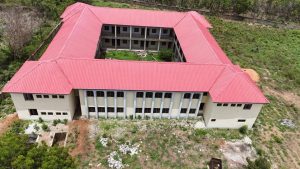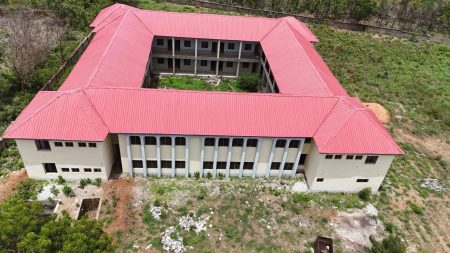A human rights organisation, the International Society for Civil Liberties and Rule of Law (Intersociety), has issued a disturbing report warning that no fewer than 950 locations, particularly forests and isolated terrains in the South-East, are now operating as strongholds for bandits and violent herdsmen.
According to the group, these criminal elements use the locations — spread across over 800 communities — as launchpads for kidnappings, killings, and other acts of terror in the region. The findings suggest that approximately 40 percent of the South-East’s 1,940 communities are now either directly under threat or severely compromised.
In a press briefing and report made public on Sunday, Emeka Umeagbalasi, Chairman of Intersociety, did not mince words. He accused state governments and some traditional leaders in the South-East of willfully aiding the growing insecurity through covert support, inaction, and what he described as “land conspiracy.”
“Our research revealed that 950 locations are currently occupied by bandits and destructive herders,” Umeagbalasi stated. “They didn’t just stumble into these places. In many cases, they were issued Certificates of Occupancy (C of O) by state actors in exchange for electoral favours and political protection.”
Umeagbalasi sharply criticised the governors of Abia, Imo, Enugu, Anambra, and Ebonyi states, accusing them of neglecting their roles as Chief Security Officers and instead enabling insecurity by leasing lands to violent actors.
He further alleged that the failure of governors to publicly condemn or resist the growing influence of violent herdsmen may be tied to political deals and alliances rooted in “post-election court victories” or pre-election arrangements.
“This silence is not ignorance. They are fully aware of what is happening in Benue, Plateau, and Southern Kaduna. Yet, they remain mute as the South-East slides towards a security crisis.”
Intersociety’s figures place Abia with 771 communities, Imo with 700, Enugu 190, Anambra 183, and Ebonyi with 96, all of which together span 29,525 square kilometres — a landmass three times smaller than Niger State in North Central Nigeria.
Despite the limited territory, Umeagbalasi said, the density of the occupation underscores how aggressive and deeply rooted the criminal infiltration has become in the region.
“The South-East may not be large in land size, but it is heavily under siege,” he said. “The forests have become mini military bases for non-state actors.”
The group is now calling on the federal government, international bodies, and civil society organisations to urgently investigate the occupation, pressurise state governments to revoke illegally issued land documents, and reclaim compromised communities.
Security experts have also weighed in, noting that the lack of a regional security architecture and the weakening of community-based defense networks have left many rural communities exposed.
“When you have forests in 800 communities serving as hideouts for bandits, it’s no longer isolated violence — it’s a silent invasion,” said Chijioke Eze, a security analyst based in Enugu. “The next step is occupation unless there’s urgent intervention.”
The revelations come amid rising concerns about worsening insecurity across the country, especially in the North-Central and South-East zones, where rural displacement, farmland seizure, and unchecked violence have surged in recent years.
Intersociety has reiterated its demand for the declassification of herder militias as ‘mere pastoralists’ and the designation of their violent activities as terrorism.
“What is going on in the forests of the South-East is not farming — it is full-scale terror,” Umeagbalasi concluded.













